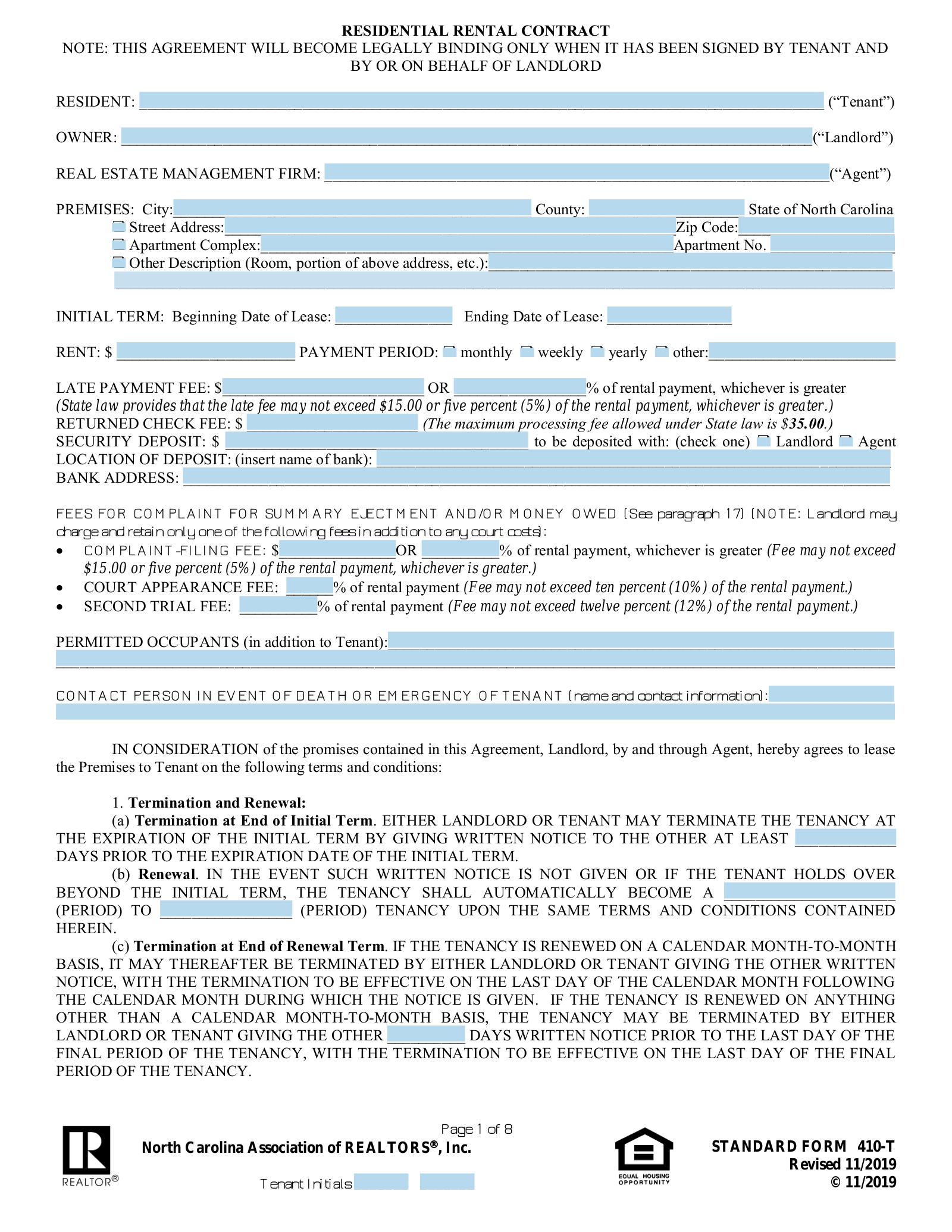

Notably, despite ongoing discussion within the General Assembly and with the Office of the Governor, the state budget did not include Medicaid expansion. Resources Engine for North Carolina (NC-CORE), a data clearinghouse and resource for information on how the state is spending the settlement funds. This funding also provides for opioid treatment research and housing support for individuals in recovery, funding to the NC Association of County Commissioners for strategic planning on spending funds at the local level, and $400,000 to the University of North Carolina Injury Prevention Research Center for the Community Opioid $14.8 million from the opioid settlement for local mental health management entities to purchase medication-assisted treatment.This increase aims to bring salaries near $15/hour. $52 million to continue rate increases for in-home personal care workers and workers in skilled nursing facilities.$3 million to crisis pregnancy centers.Change in composition of the state maternal mortality review committee the committee will now be comprised of 20 members, including community representatives.$7.7 million from the JUUL lawsuit settlement, which will provide tobacco cessation media campaigns and other programs aimed at young people.If calls cannot be resolved through the call centers, mobile mental health response teams will be dispatched, and individuals may be referred to facilities if they are in need of inpatient services. Calls to the hotline will be routed to local call centers. This national hotline is mandated for all states in accordance with the National Suicide Hotline Designation Act of 2020, and will launch on July 16. $1.3 million in annual funding for the 9-8-8 suicide/crisis hotline.

Authorization of the State Health Director to issue standing orders for vaccinations, diagnostic testing, and other COVID-19 diagnostics and treatments.Adding seven pathologists to the state Office of the Chief Medical Examiner.Addressing staffing shortages in long-term care: skilled nursing facilities may hire unlicensed workers to do the work of certified nurse aides for up to four months.The waiver of several health services regulations under a pandemic, in order to ease administrative burden of increasing numbers of ambulance workers and nursing assistants, as well as increasing bed capacity in skilled nursing facilities.Key health care provisions in the budget include:

Passed by the North Carolina General Assembly in June, the budget provides the $27.9 billion spending plan for the upcoming state fiscal year. On July 11, 2022, Governor Roy Cooper signed the latest state budget into law.


 0 kommentar(er)
0 kommentar(er)
